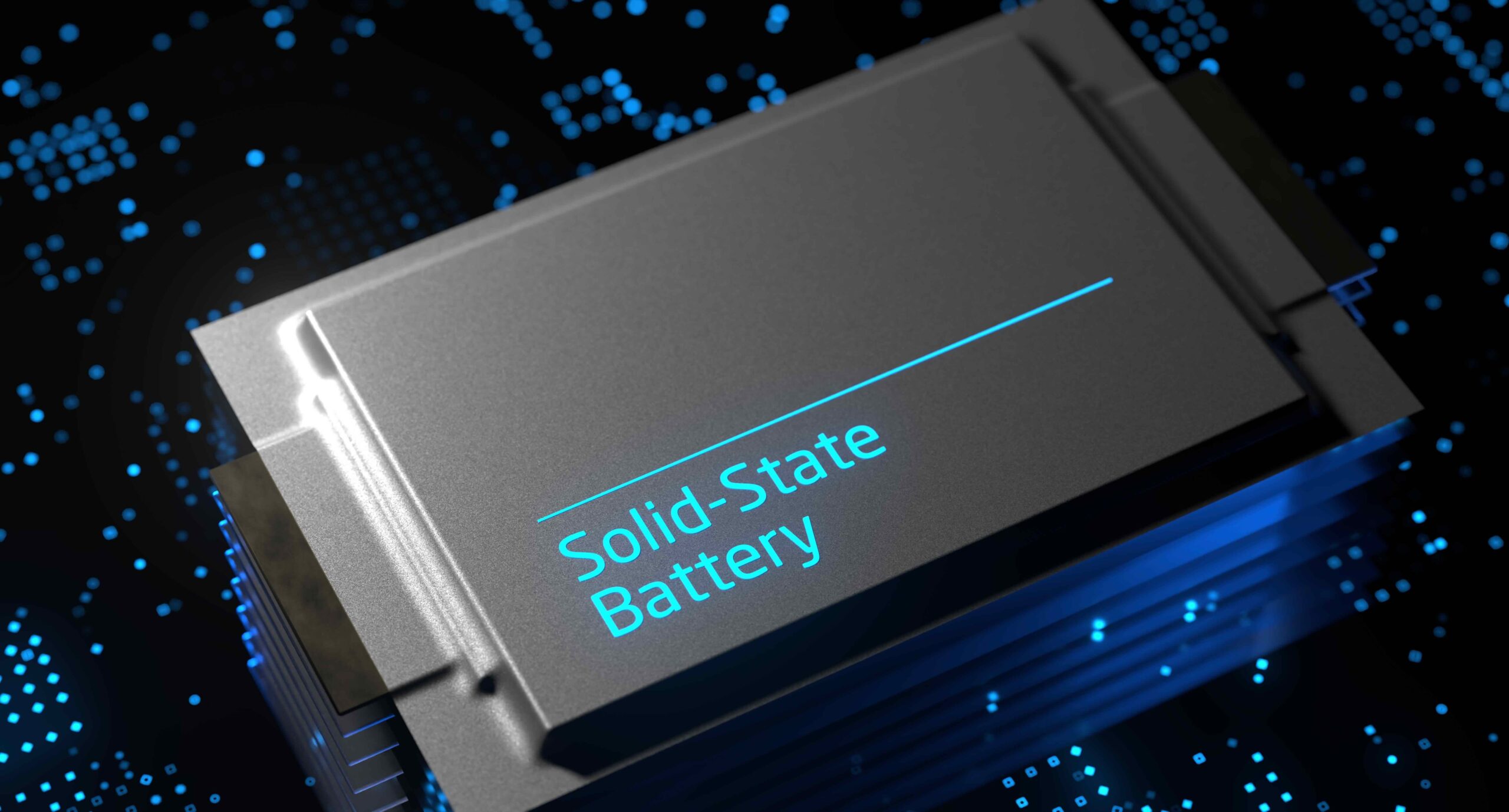Recent breakthrough leads to fully charging solid-state batteries in just 10 minutes

Harvard researchers have introduced a novel solid-state battery that utilizes solid electrodes and an electrolyte, instead of the customary liquid or polymer gel electrolytes found in traditional lithium-ion or lithium polymer batteries which fuel the majority of our current devices.
Solid-state batteries have encountered several obstacles in their path towards widespread acceptance. These include concerns over potential flammability, restricted voltage capabilities, inadequate performance, and structural vulnerabilities. These challenges have previously hindered the advancement of solid-state batteries.The main concern is dendrite build-up on the anode, which can lead to short circuits and potential fires.These dendrites act like roots, breaking through the barrier that separates the anode and cathode, resulting in damage.
The team developed a solution: creating a multi-layer battery with different materials placed between the anode and cathode.
The recent advancement led to the development of a postage stamp-sized, high-capacity battery that can undergo more than 6,000 charge and discharge cycles while maintaining up to 80% of its capacity. It also has a quick charge time of just 10 minutes, outperforming the average smartphone which typically lasts for only 300-500 cycles.
The availability of these batteries and the specific timeline are not mentioned in the paper. However, the technology has been authorized to Adden Energy, which is a company founded by Associate Professor Xin Li of SEAS and three Harvard graduates.
The Harvard research team’s progress in solid-state battery technology shows great potential for the future of energy storage.
The advancements in tackling the enduring issues linked to these batteries have the potential to revolutionize our phones, computers, and transportation by creating longer-lasting and more efficient energy systems. This could bring us closer to a future where safer, more powerful, and longer-lasting energy is a reality.




